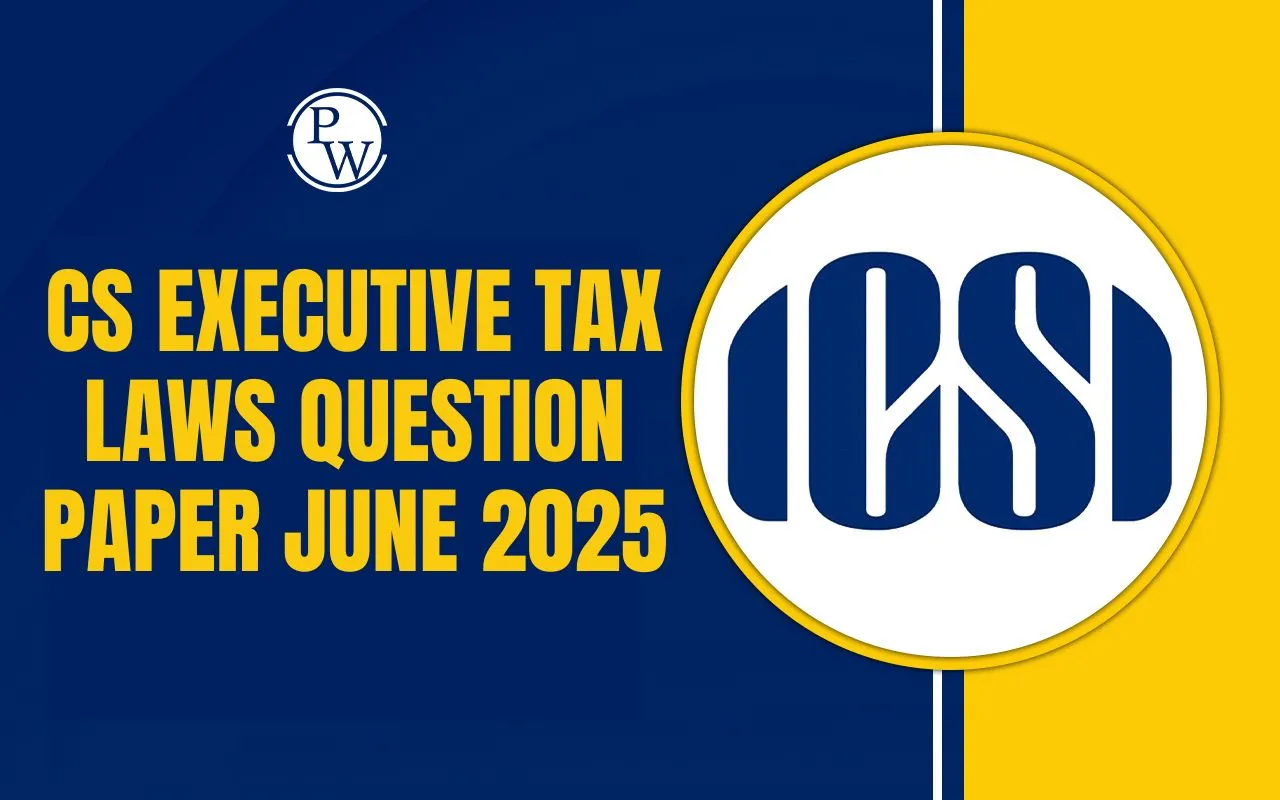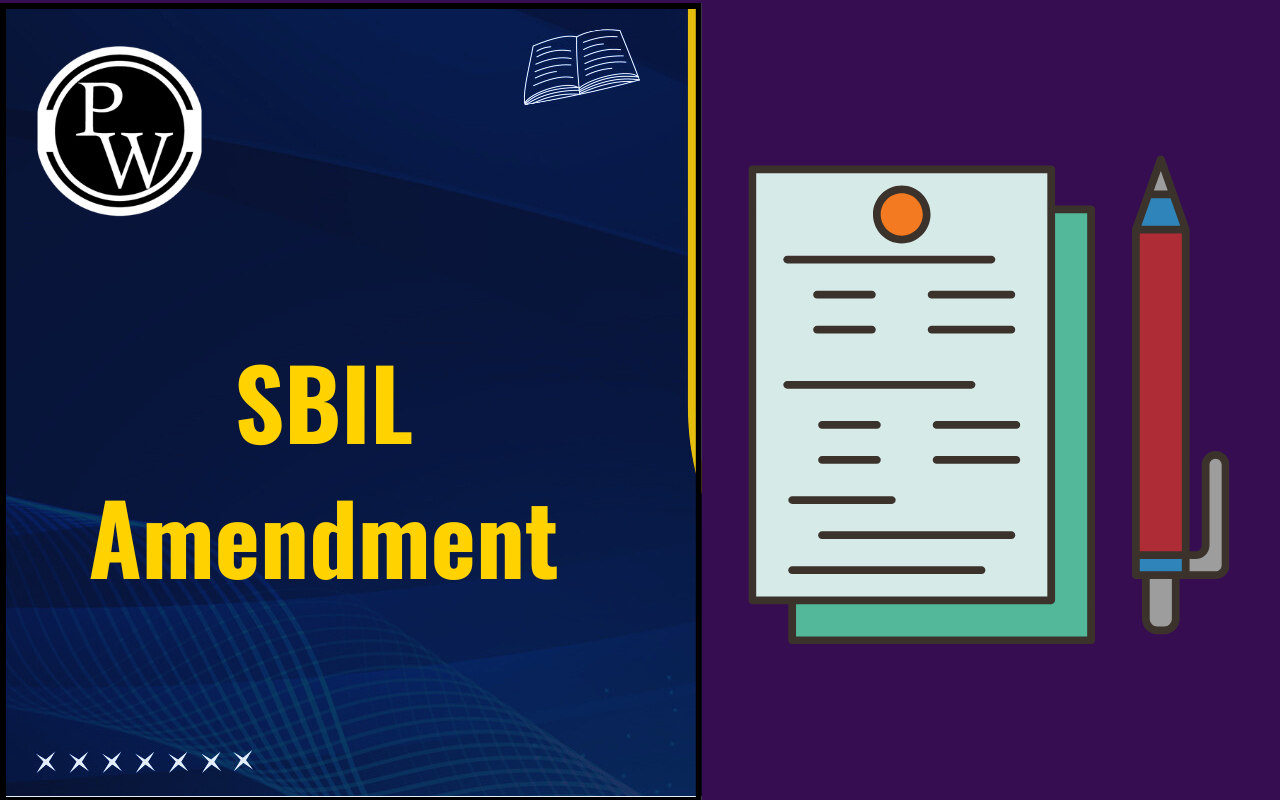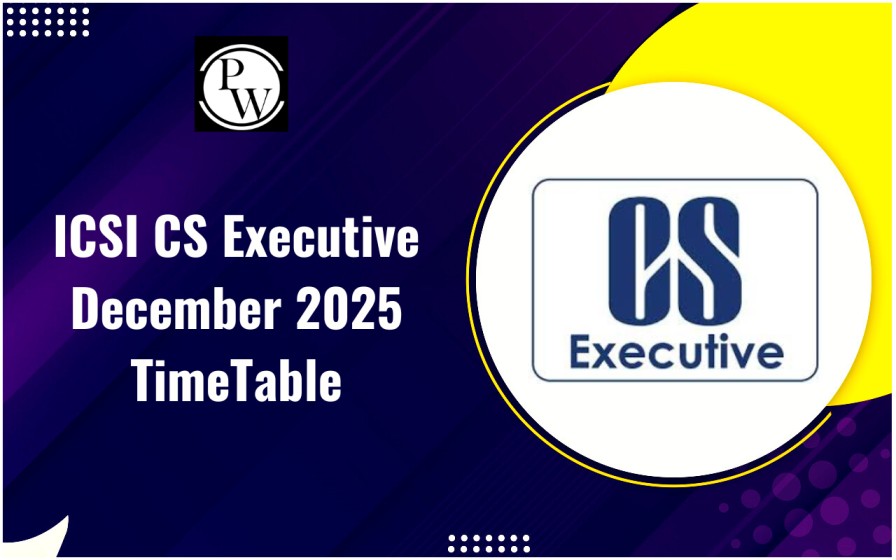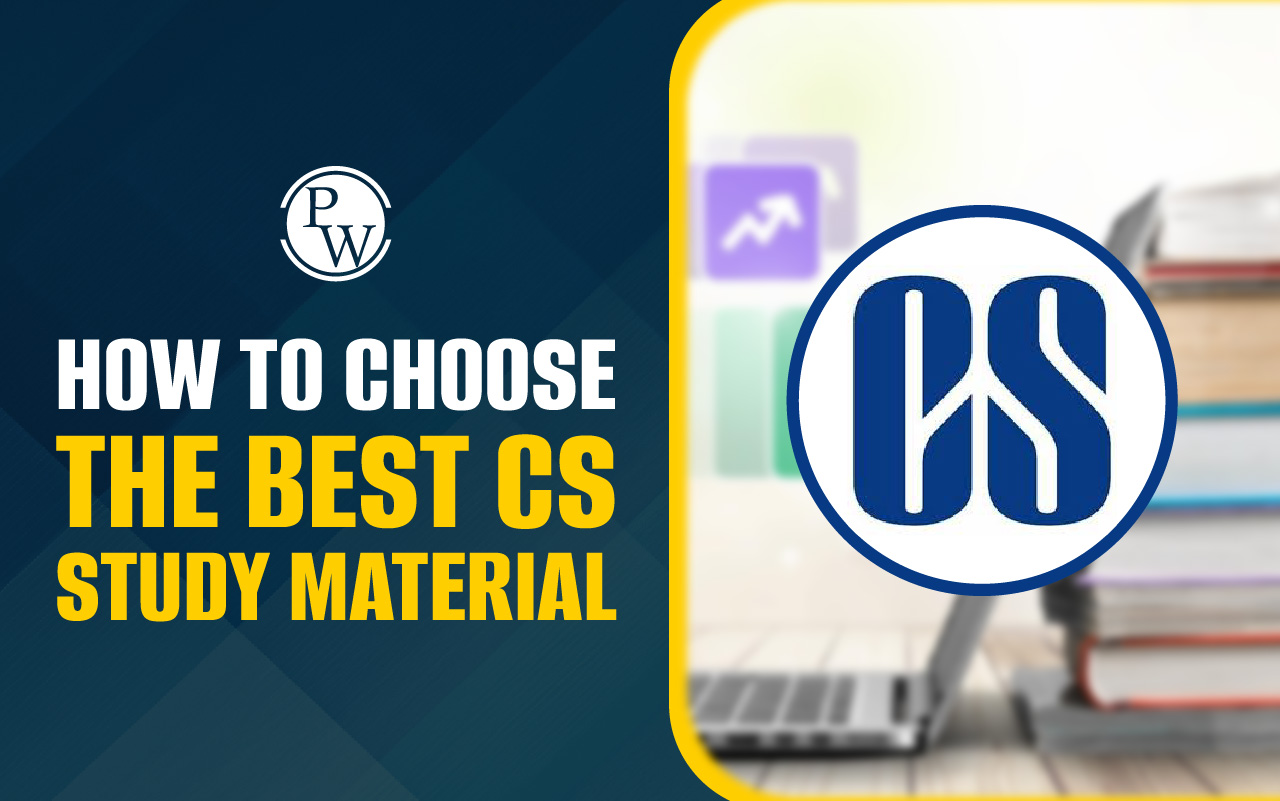
CS Executive Syllabus Transition: The Institute of Company Secretaries of India (ICSI) has introduced a new syllabus for the CS Executive exam. This step is called the CS Executive Syllabus Transition. It has been designed to match present-day industry needs and future professional demands. Students preparing for this exam now need to understand how the subjects and exam pattern have changed compared to the old syllabus.
The CS Executive Syllabus Transition is not only about adding or removing papers. It also focuses on making the exam more practical, updated, and aligned with corporate and legal frameworks.
Why was the CS Executive Syllabus Transition Introduced?
The CS Executive Syllabus Transition was introduced to help students gain updated knowledge and skills. The corporate world is changing rapidly. With laws, finance, governance, and technology evolving, a Company Secretary must be ready for these changes.
ICSI wanted the syllabus to reflect modern practices, cover new laws, and include current areas like data analytics and corporate finance. That is why the CS Executive Syllabus Transition was made necessary.
CS Executive Exam Structure Overview
The CS course has three levels: CSEET, Executive Programme, and Professional Programme. The CS Executive Syllabus Transition has brought changes mainly at the Executive level. Earlier, the Executive Programme had 8 papers, but in the new structure, subjects have been revised and merged into 7 papers.
| Old vs New CS Executive Exam Structure | ||
| Programme | Old Syllabus | New Syllabus |
| CSEET | 4 Papers + Viva Voce | 4 Papers (Viva removed, Quantitative Aptitude added) |
| Executive | 8 Papers | 7 Papers |
| Professional | 9 Papers | 7 Papers |
Key Changes in CS Executive Syllabus Transition
In the new syllabus, some subjects were combined while others were updated. The exam pattern also changed to include both objective and descriptive questions.
| Key Changes in CS Executive Level | ||
| Aspect | Old Syllabus | New Syllabus |
| Total Papers | 8 | 7 |
| Objective Papers | 3 Objective papers | No full objective papers. Instead, 20% objective + 80% descriptive (except Paper 4) |
| Accounting & Finance | Two subjects: Corporate & Management Accounting, Financial & Strategic Management | Combined into one subject: Corporate Accounting and Financial Management |
| Question Pattern | Full subjective or full objective | A mix of case-based objective and descriptive |
Old vs New Subjects at CS Executive Level
The biggest part of the CS Executive Syllabus Transition is the change in subjects. Below, we’ve mentioned how the old subjects compare with the new ones:
| Old vs New Subjects at CS Executive Level | |
| Old Syllabus | New Syllabus |
| Jurisprudence, Interpretation & General Laws | Jurisprudence, Interpretation & General Laws (20% objective + 80% subjective) |
| Company Law | Company Law & Practice (Part I: Principles, Part II: Administration) |
| Setting Up of Business Entities & Closure | Setting Up of Business, Industrial & Labour Laws |
| Tax Laws | Corporate Accounting & Financial Management |
| Corporate & Management Accounting | Capital Market & Securities Laws |
| Securities Laws & Capital Markets | Economic, Commercial & Intellectual Property Laws |
| Economic, Business & Commercial Laws | Tax Laws & Practice |
| Financial & Strategic Management | Merged into Corporate Accounting & Financial Management |
Paper Pattern Under the New Syllabus
Another major highlight of the CS Executive Syllabus Transition is the exam pattern. Earlier, students had to attempt some full objective papers. Now, every paper (except one) has a mix of objective and descriptive questions. This helps in testing both knowledge and analytical ability.
| Paper Pattern Under the New Syllabus | ||
| Aspect | Old Syllabus | New Syllabus |
| Objective Papers | 3 out of 8 papers | None (but all papers have 20% case-based objective questions) |
| Descriptive Papers | 5 out of 8 papers | All papers are descriptive (except mix format) |
| Special Note | No mix in question type | 20% case-based objective + 80% descriptive |
Implications of CS Executive Syllabus Transition for Students
The CS Executive Syllabus Transition brings both opportunities and challenges for students. On one side, it reduces the overlapping of subjects and makes the exam more career-oriented. On the other side, students now need to prepare differently.
- Firstly, students must focus more on case studies since the new pattern includes 20% case-based questions. This means that only memorizing definitions will not work. They must learn how to apply concepts to real situations.
- Secondly, subjects like Corporate Accounting and Financial Management now combine two important areas. This makes preparation more comprehensive but also requires proper time management. The CS Executive Syllabus Transition makes it necessary for students to balance accounting and finance in one paper.
- Thirdly, the exam now aligns better with industry practices. Students studying under the new syllabus will be more prepared for practical company law, finance, and governance tasks. This helps them after completing the course.
- Lastly, students must adapt their preparation strategies. Under the old syllabus, some subjects were fully objective, so memorization worked. But with the new pattern, they must develop analytical skills. This shift under the CS Executive Syllabus Transition prepares them better for their future roles.
The CS Executive Syllabus Transition is a big step by ICSI to make the Company Secretary course future-ready. By merging subjects, adding case-based questions, and including new topics, the syllabus now matches industry needs.
For students, this change means focusing more on conceptual understanding, problem-solving, and real-world application. While the CS Executive Syllabus Transition may look challenging at first, it is ultimately designed to benefit students in their professional careers.
By understanding the old vs new syllabus structure, subject changes, and exam pattern, students can plan their preparation effectively. This way, they can make the most of the opportunities brought by the CS Executive Syllabus Transition.
| Related Links | |
| CS Executive | CS Executive Syllabus |
| CS Executive Registration | CS Executive Admit Card |
CS Executive Syllabus Transition FAQ
What is the CS Executive Syllabus Transition?
How many papers are there in the new CS Executive syllabus?
What is the main change in the exam pattern?










